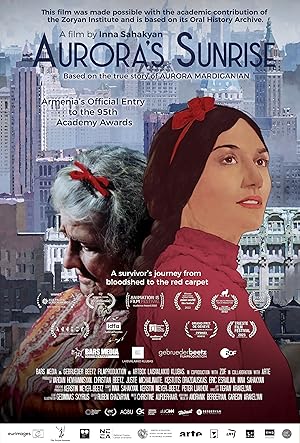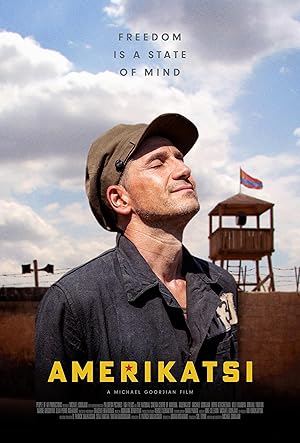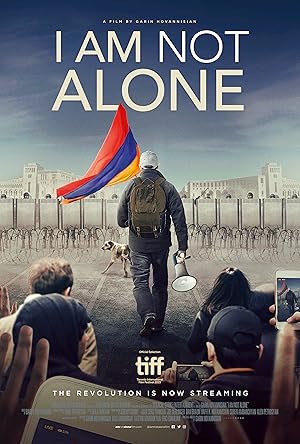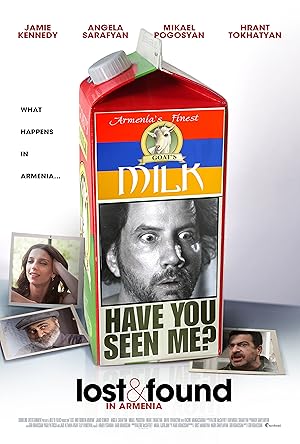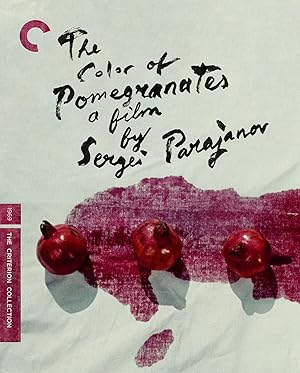Top Hy-Language Movies
Welcome to our carefully curated selection of Hy-language films, where linguistic expression, cultural nuances, and storytelling traditions merge to deliver captivating viewing experiences. From acclaimed classics to cutting-edge new releases, these titles represent the richness and diversity of cinema produced in the Hy language. Whether you’re a language learner, a cultural enthusiast, or simply curious about exploring new cinematic territories, our collection offers a treasure trove of audiovisual artistry.
Aurora's Sunrise (2023)
0
The story of how Aurora Mardiganian (1901-94), a survivor of the Armenian genocide perpetrated by the Ottoman Empire (1915-17), became a Hollywood silent film star.
Amerikatsi (2022)
0
In 1948, decades after fleeing Armenia to the US as a child, Charlie returns in the hopes of finding a connection to his roots, but what he finds instead is a country crushed under Soviet rule. After being unjustly imprisoned, Charlie falls into despair, until he discovers that he can see into a nearby apartment from his cell window - the home of a prison guard.
I Am Not Alone (2019)
0
On Easter 2018, a man put on a backpack and began to walk across Armenia. His mission: to inspire a velvet revolution and topple the corrupt regime that enjoys absolute power in his post-soviet nation. With total access to all key players, this documentary tells the story of what happened in the next 40 days.
Lost and Found in Armenia (2012)
0
A US Senator's son who attempts to forget the break up of his fiancée is forced to vacation in Turkey by his best friends. A para-sailing trip mishap lands him in a small village in Armenia, where he is accused of being a spy. It is there he meets a young woman who helps him to escape from misfortune.
The Color of Pomegranates (1969)
0
The life of the revered 18th-century Armenian poet and musician Sayat-Nova. Portraying events in the life of the artist from childhood up to his death, the movie addresses in particular his relationships with women, including his muse. The production tells Sayat-Nova's dramatic story by using both his poems and largely still camerawork, creating a work hailed as revolutionary by Mikhail Vartanov.
